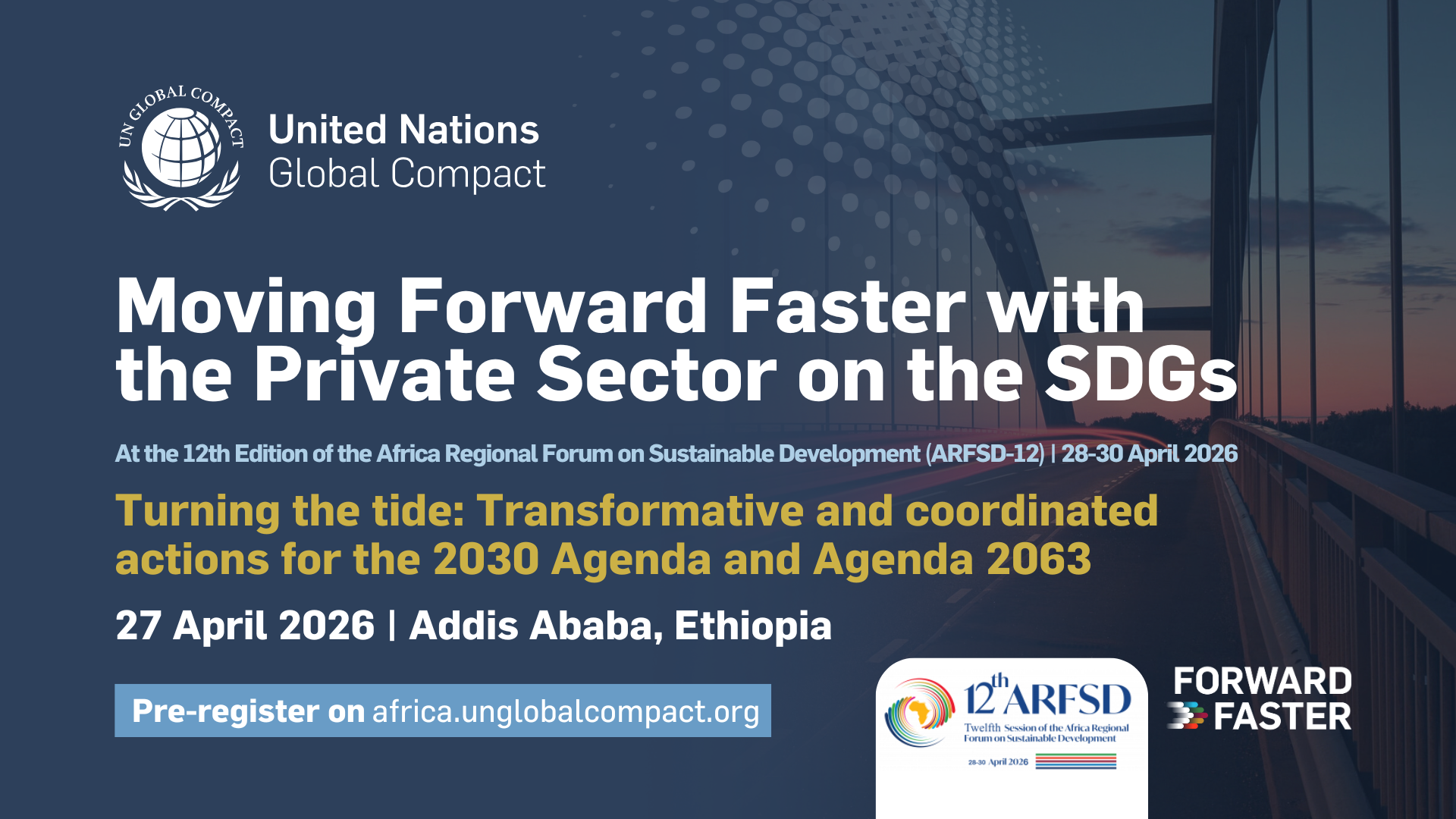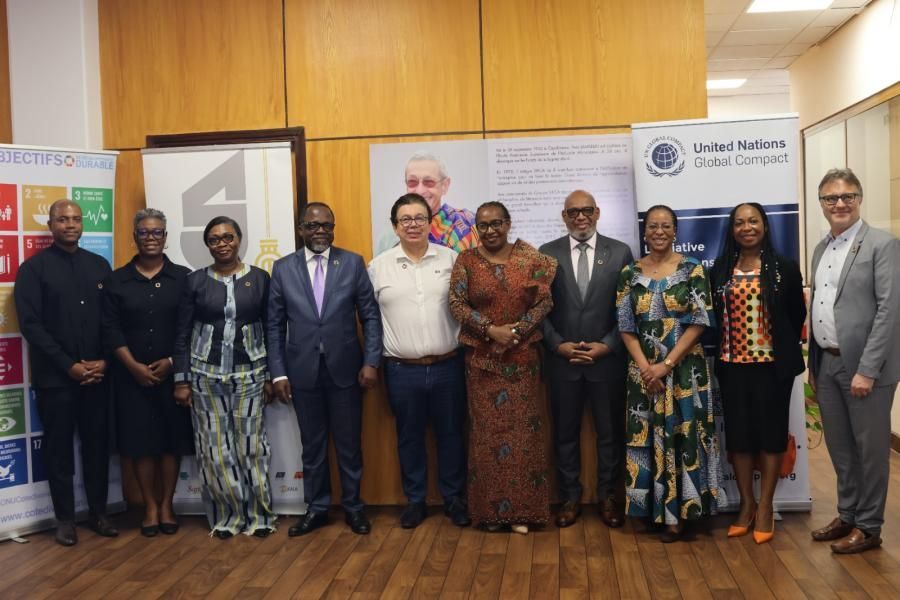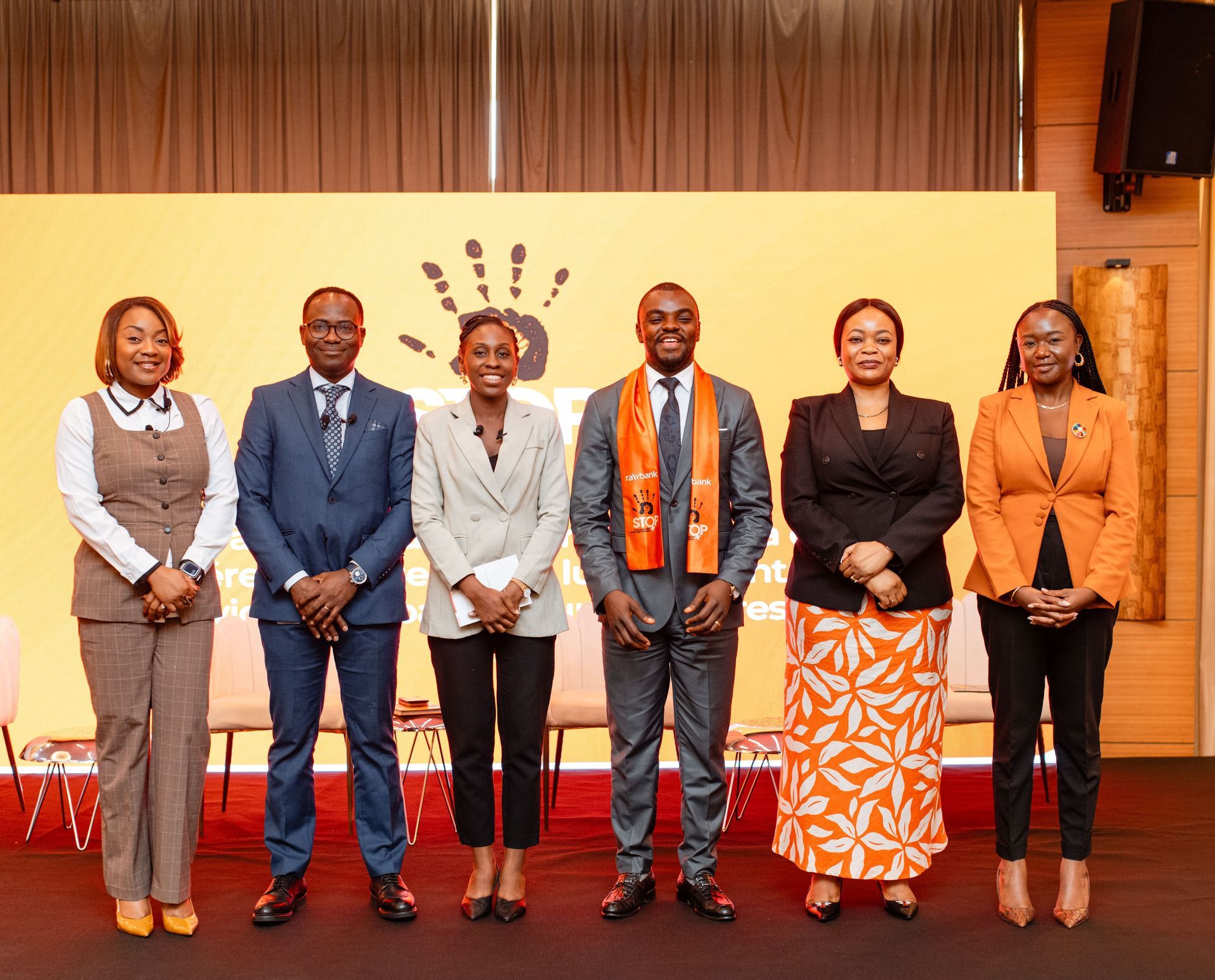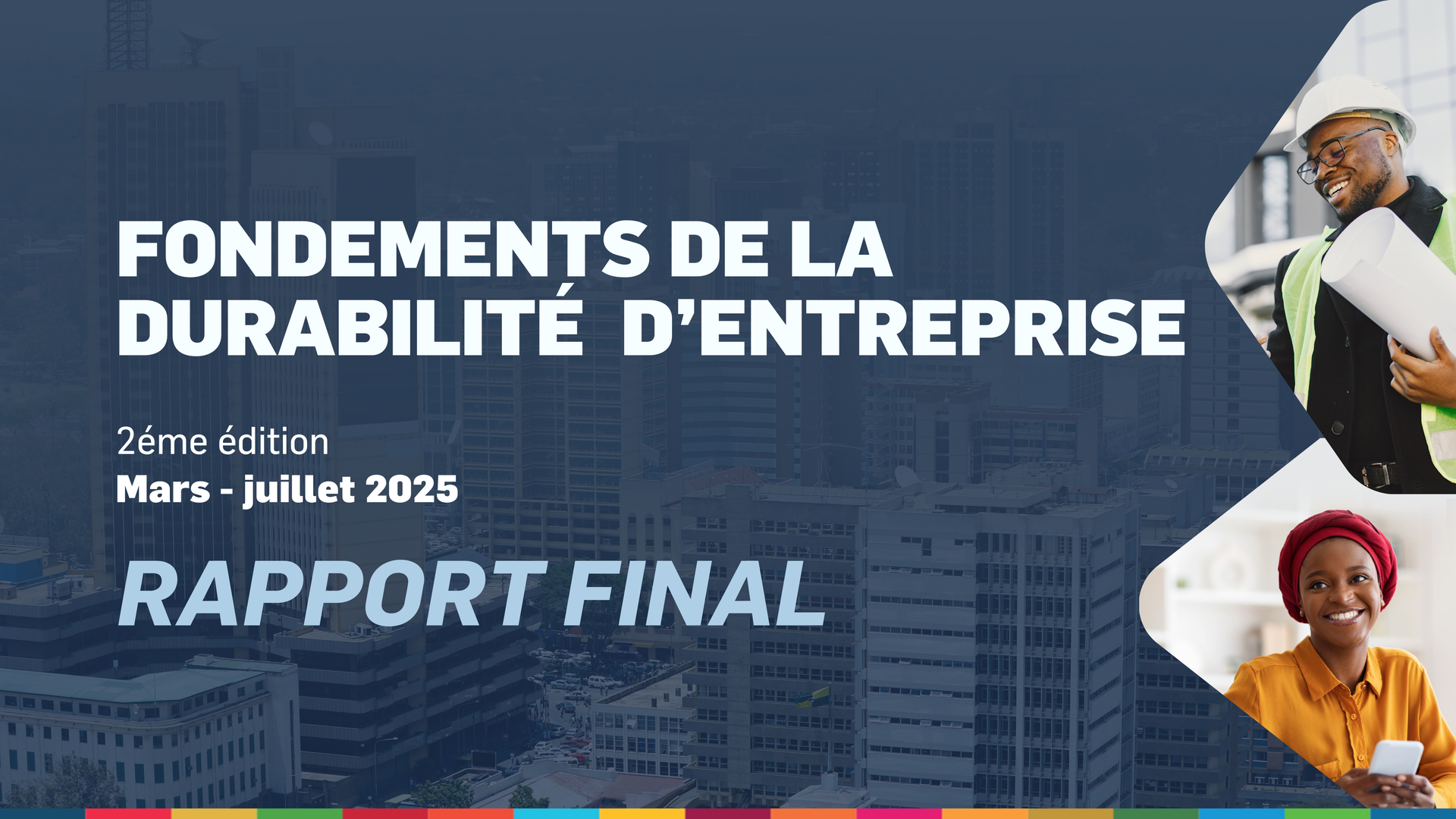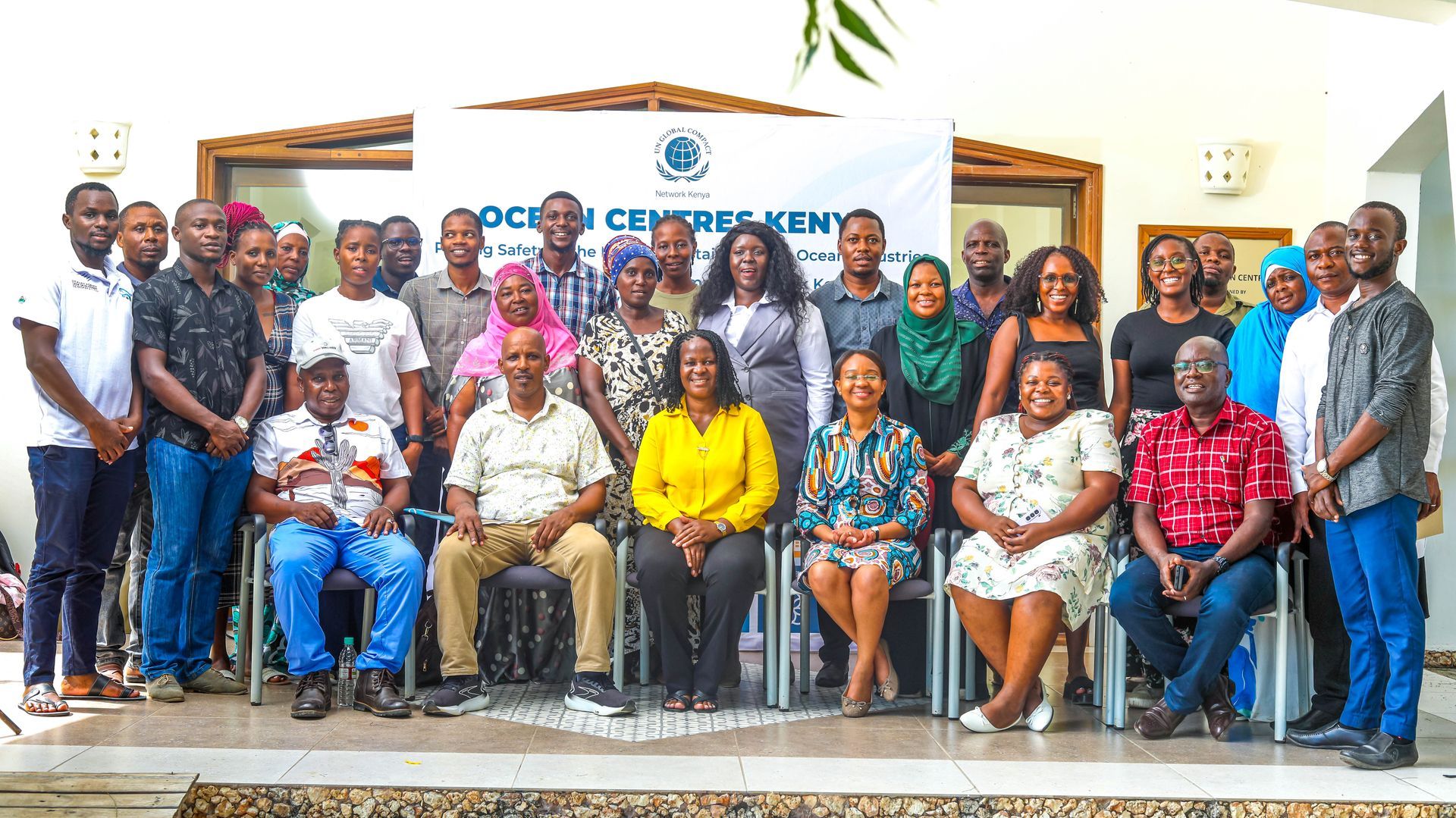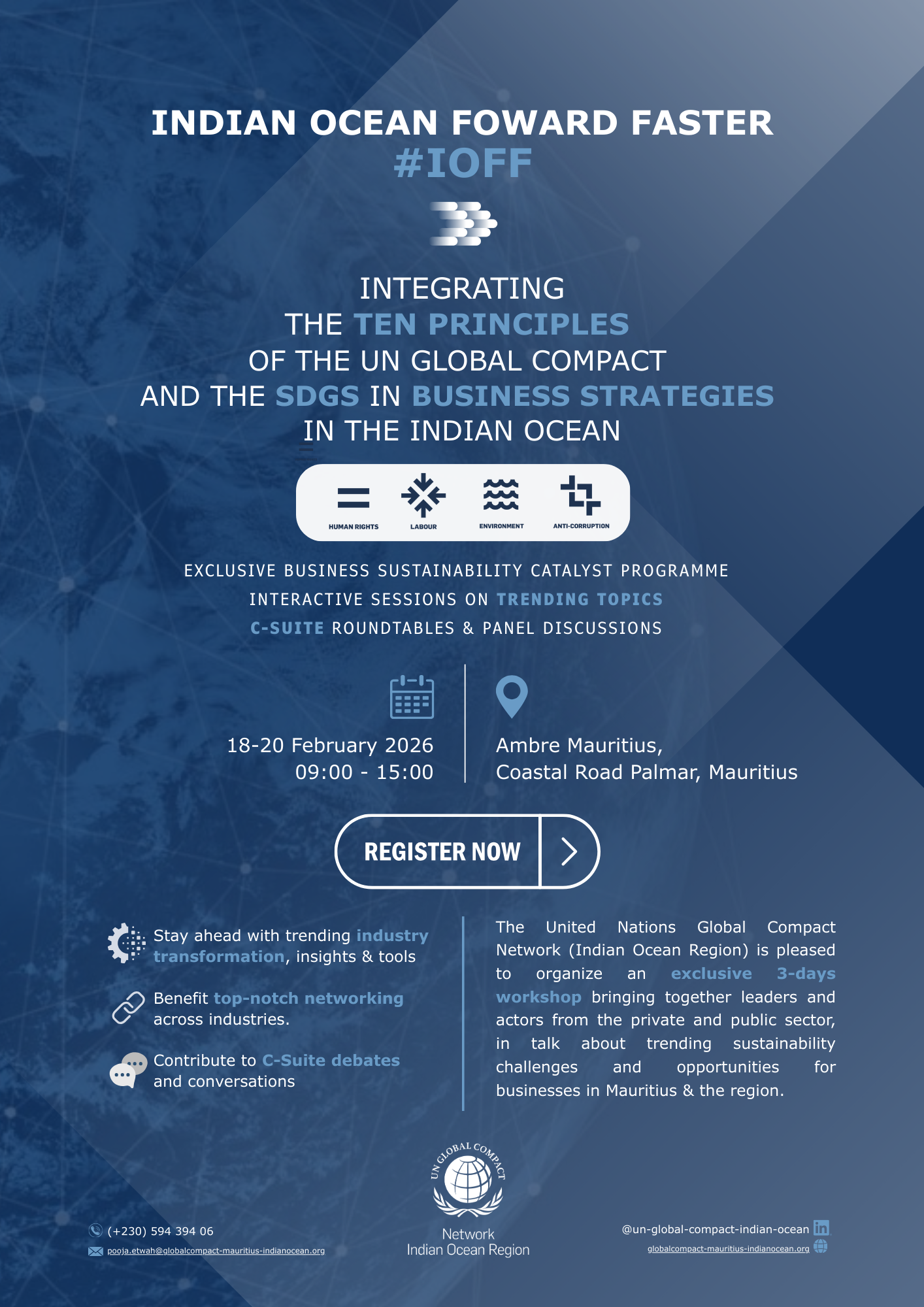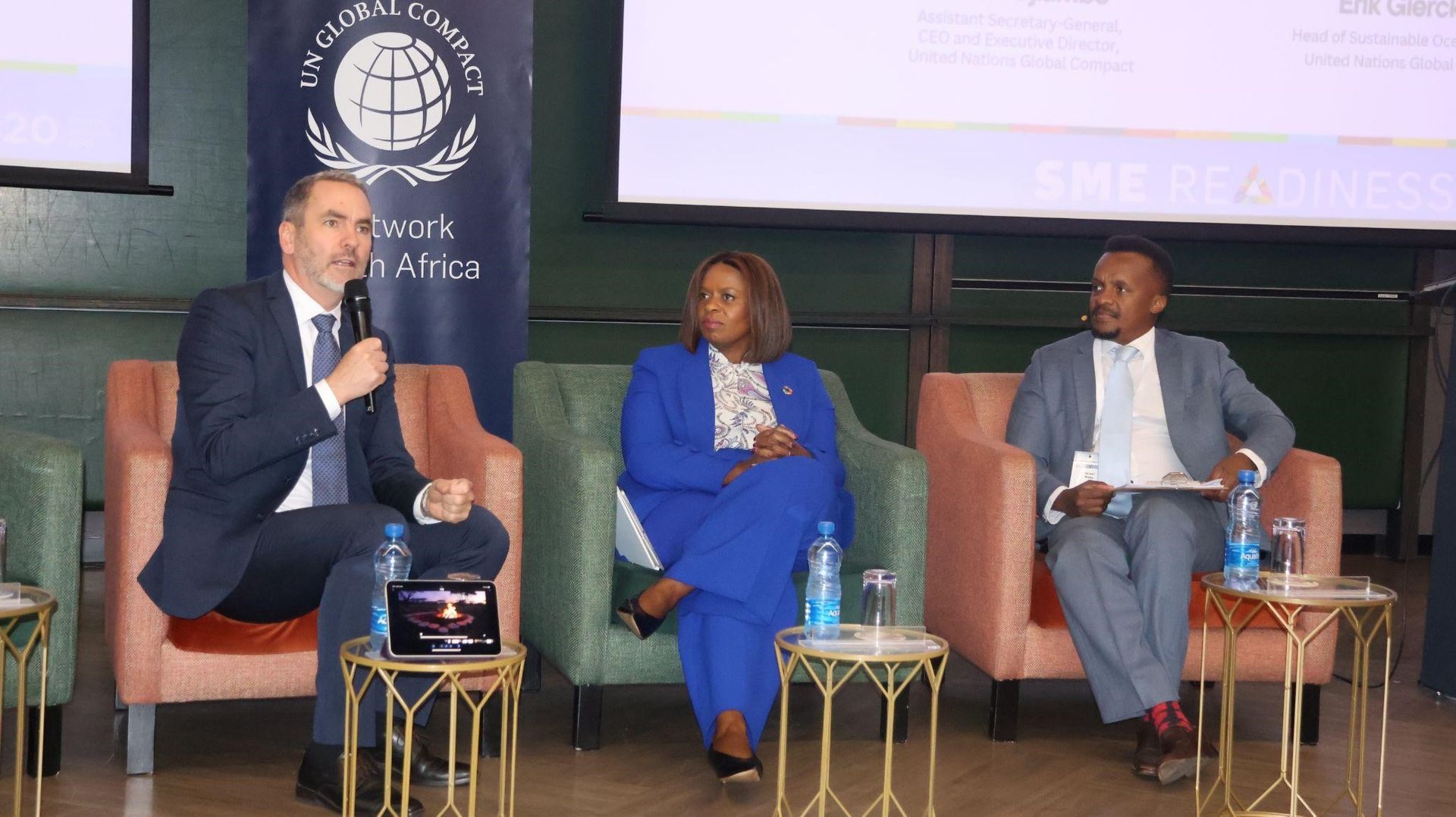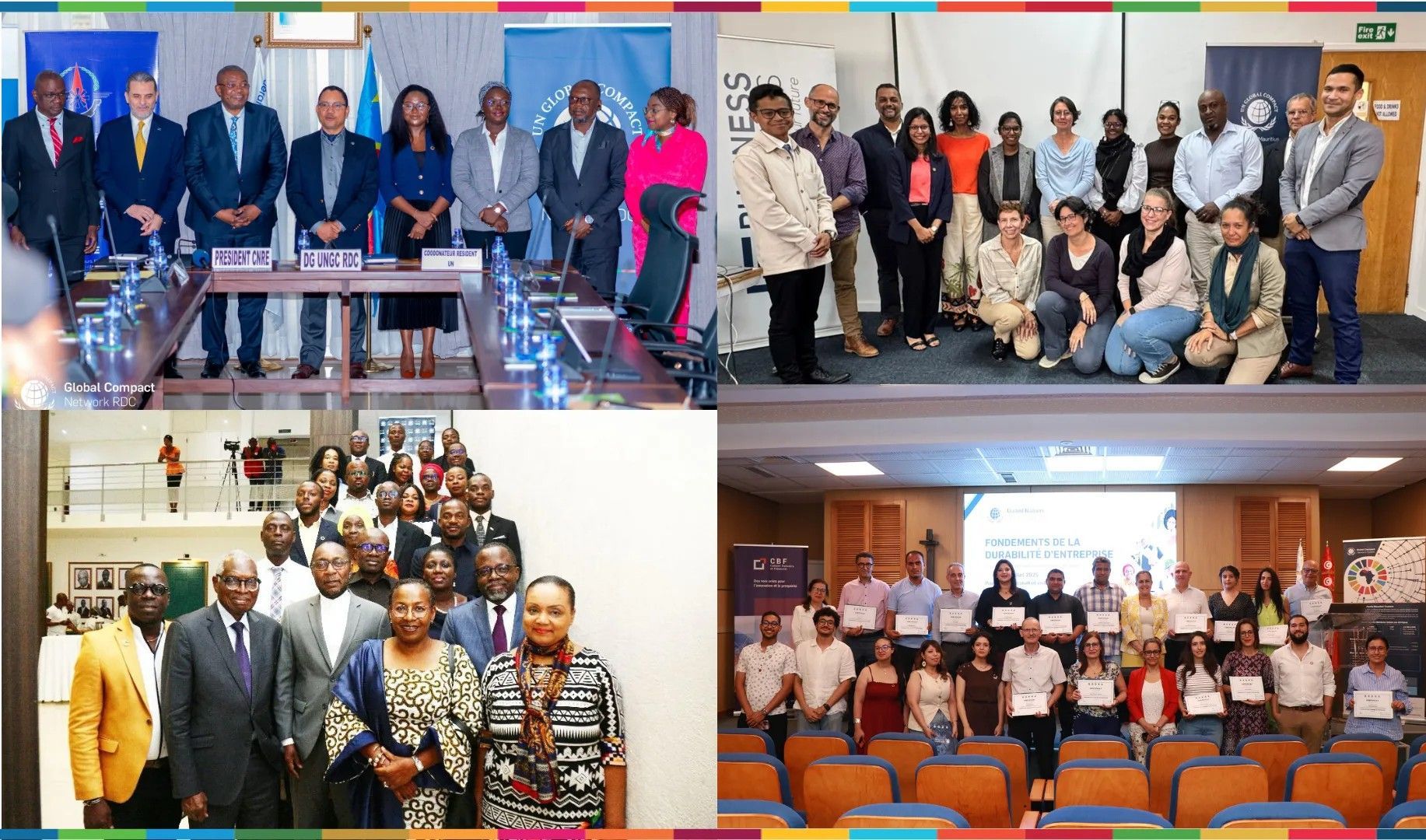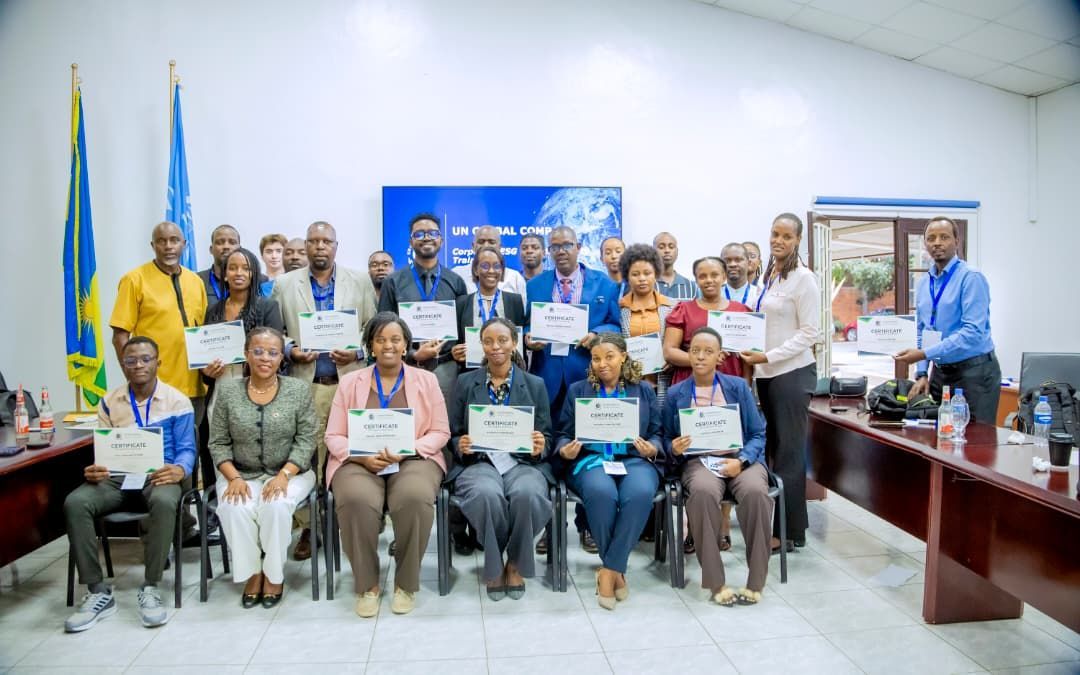DRC’s Private Sector Mobilized for Action at Economic Forum on Sustainable Sanitation in Kinshasa
DRC’s Private Sector Mobilized for Action at Economic Forum on Sustainable Sanitation in Kinshasa
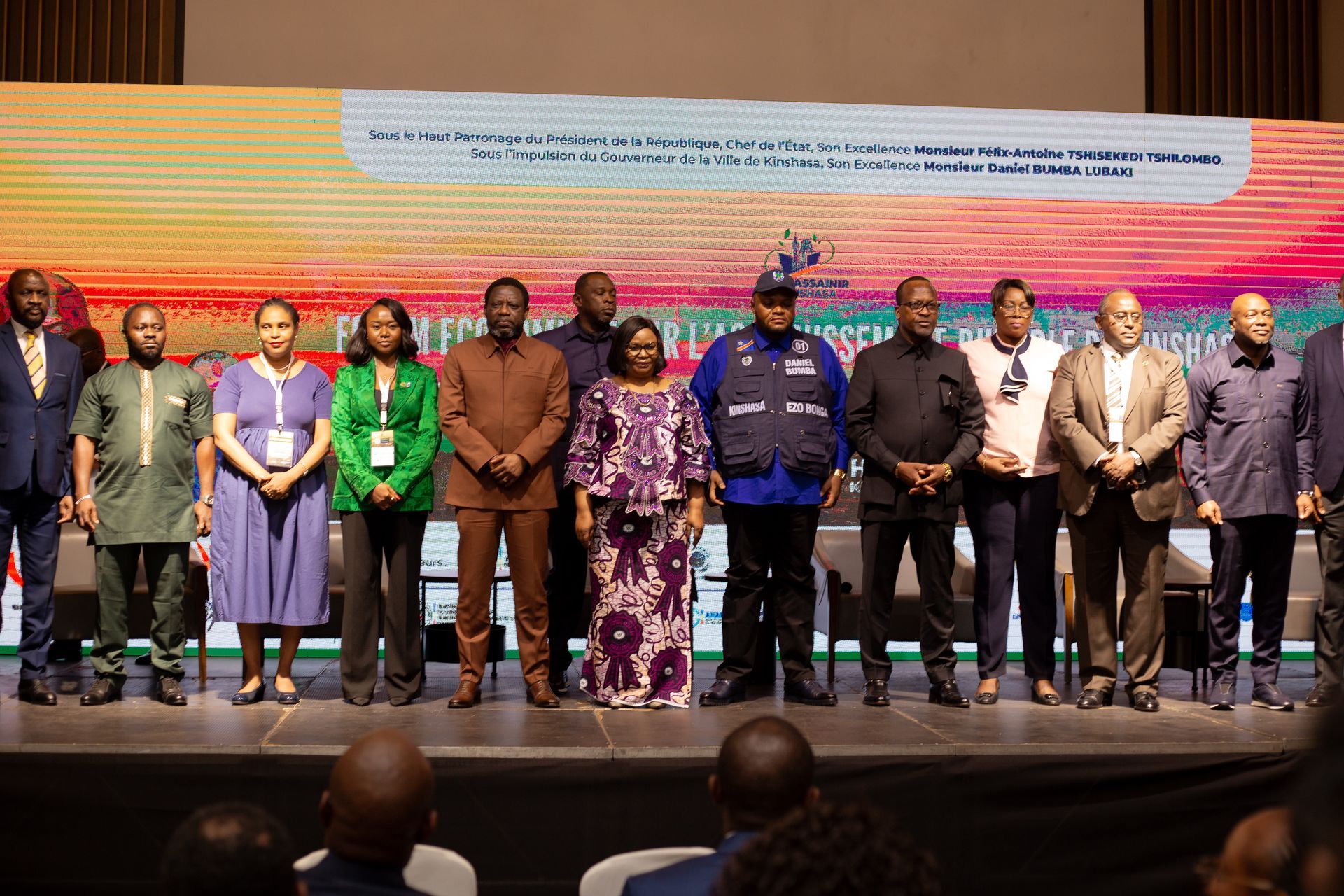
The Kinshasa Sanitation Forum, held from 28 to 30 October 2025, marked a pivotal moment in the Democratic Republic of Congo’s journey toward sustainable urban development. Under the theme “Transforming waste into wealth for the benefit of people and the planet”, the three-day event convened government officials, private sector leaders, civil society representatives, and development partners to address urban sanitation and environmental sustainability.
Co-organized by the UN Global Compact Network DRC, the City of Kinshasa, and the Embassy of the Netherlands, the Forum received high-level support from Governor of Kinshasa Daniel Bumba and Minister of Environment and Climate Economy Marie Nyange Ndambo. Through eight thematic sessions, participants explored links between sanitation, the green economy, and the Sustainable Development Goals (SDGs)—from waste management and circular economy models to citizen education and governance.
Amid waste collection gaps common across African cities, the Forum issued a strong call for business action in the DRC, serving as a dedicated platform for a cleaner, healthier, and more environmentally friendly urban environment.
Daniel Bumba Lubaki, Governor of the City of Kinshasa, commended the collective commitment: “Cleaning up Kinshasa is not an isolated action. It is part of the 2024–2028 Action Program of the provincial government, 'Kin Ezo Bonga', which aligns with the President’s six commitments and three priority initiatives—among which urban sanitation is explicitly featured.”
Angèle Samura, Ambassador of the Netherlands to the DRC, described the 'Clean Kinshasa' initiative as both ambitious and achievable: “It offers a genuine opportunity for everyone to take part in a large-scale endeavour and serves as a powerful lever to boost economic growth and enhance the city's appeal.”
Jessica Webe, Executive Director of the UN Global Compact Network DRC, reaffirmed the importance of private sector mobilization: “Sanitation is a key pillar of sustainable development. It requires a collective commitment from public authorities, businesses, and citizens to build more resilient cities, protect our environment, and ensure a better quality of life for all.”
The forum advanced environmental principles of the UN Global Compact (7, 8, and 9), which promote a precautionary approach, greater environmental responsibility, and the diffusion of eco-friendly technologies through inclusive models and public-private collaboration.
Key outcomes included concrete recommendations for an inclusive and economically viable sanitation model, emphasizing the role of waste producers, the potential of the sanitation value chain to drive green growth, and the importance of active eco-citizenship. These were swiftly translated into action through the launch of the Presidential Initiative “Clean Cities,” the endorsement of provincial and municipal action plans, and the adoption of targeted solution pathways to promote innovation.
The forum’s momentum was further cemented by the signing of contracts, MoUs, and binding intentional commitments, alongside the formalization and certification of sanitation operators. This was complemented by the signing of commitment charters for Extended Producer Responsibility (EPR) and Corporate Social Responsibility (CSR), and the official launch of a nationwide eco-citizenship education campaign on sanitation.
